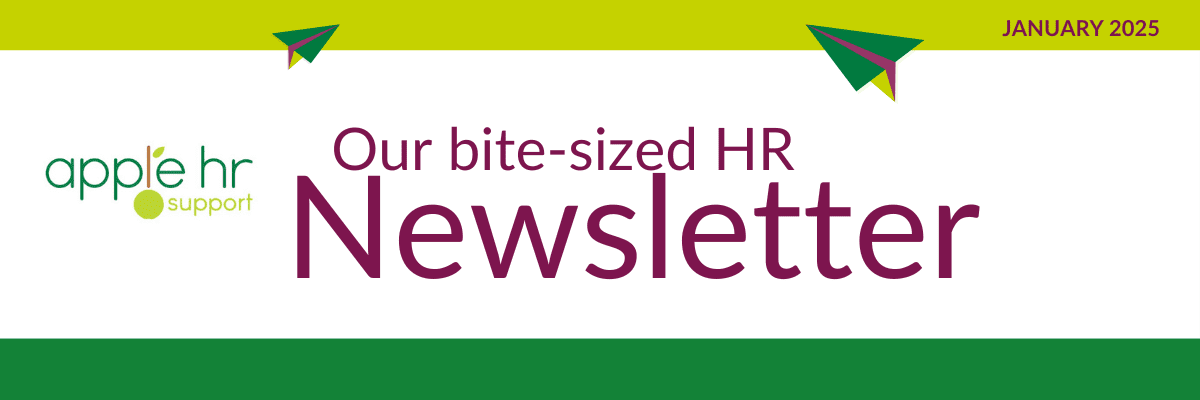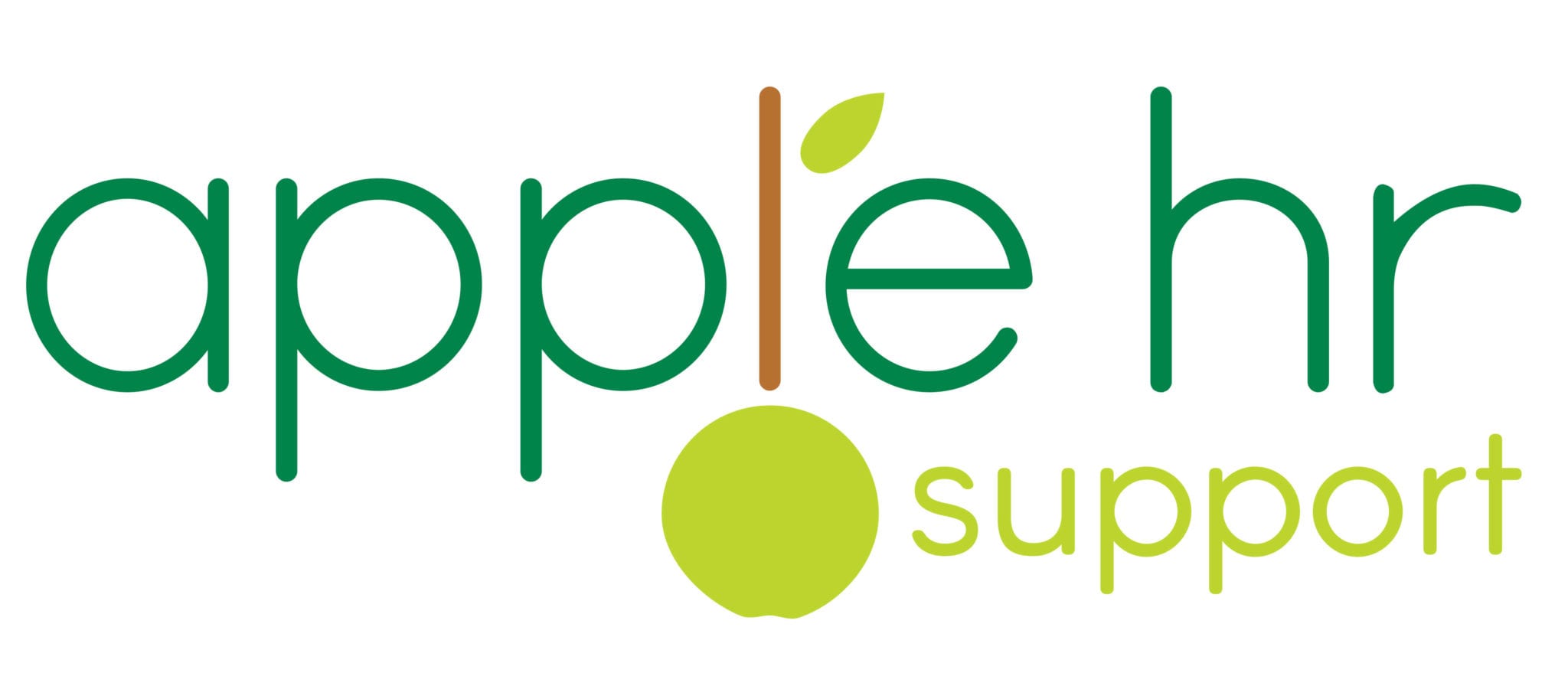
The employer’s checklist for 2025
Happy New Year!
It’s 2025, and it’s time to make sure your house is in order.
We’ve created a new checklist that will guide you through the top 10 areas you should be looking at to get the very best out of your team and business this year.
Including legal compliance, HR technology and the entire employee life cycle.
Here are the top 10 areas you should be looking at:
1. Make sure you stay legally compliant
2. Leverage HR technology to save time and costs
3. Attract the best people with a great employer brand
4. Find the right people with a legally compliant recruitment process
5. Give new starters a great onboarding experience
6. Retain your team and keep them happy
7. Invest in your team’s performance and your company’s success
8. Say goodbye to employees in the right way
9. Avoid dodgy Glassdoor reviews
10. Get strategic support from an independent HR consultant
You will find the full checklist on our website.
Brits will spend 25 years of their life looking at a screen…
Here’s a stat that might make you want to turn off your laptop and hide your phone: A study has found that Brits will spend a staggering 25 years (that’s 223,015 hours!) in front of their screens over their lifetime.
Excessive screen time can impact health and cause symptoms such as headaches, eyestrain and poor sleep. So, it’s no surprise that people are being warned to cut back. From setting screen-free boundaries to savouring phone-free social moments, it’s time to discover how to reclaim our time and well-being.
Is alcohol abuse quietly undermining your workplace?
With 17 million days lost annually to alcohol-related sickness, it’s an issue no employer can afford to overlook. Whether it’s a casual tipple or excessive consumption, some employees, especially those in high-stress or manual roles, are more vulnerable.
This highlights why preventive and supportive measures are crucial for all organisations. We can help you to navigate these issues.
https://hrzone.com/alcohol-abuse-in-the-workplace-spot-the-signs-and-support/
93% of young people in the UK have encountered negative treatment at work because of their age. This has increased from 88% just 3 years ago. Sadly, 26% of those who reported age-based discrimination said it led them to lose interest in working altogether.
All young people deserve a pathway to success, so it’s really important to bridge generational gaps and create a more inclusive workplace.
Leader and manager development is the HR industry’s biggest priority for 2025
A Gartner report (a leading research and advisory firm) has found that leader and manager development will remain the priority for HR leaders worldwide in 2025.
The report highlights the increasing pressures on managers. It states that 75% of managers struggle to cope with their responsibilities, with only 36% feeling that their organisation’s current management training programmes effectively prepares leaders for the future.
This makes us ask: How prepared are your managers to lead your team this year?
You know what they say… people don’t leave bad jobs; they leave bad managers.
Bad management poses HUGE risks to your business, including:
• High staff turnover and low employee retention
• Decreased employee engagement and productivity
• Higher risk of being taken to an employment tribunal
What’s the solution to this?
You guessed it… Management training.
Management training can also be a great way to recognise the excellent management competencies that your managers already possess through formal acknowledgement and accreditation.
Please get in touch with us to find out more about our brnaf new Management Training programme.
Q&A
Should I be conducting exit interviews?
It’s not a necessity, but it could help you to learn a lot. You may learn about competitor practices. You may gain valuable feedback and identify training or manager gaps, which may help you to discover a problem you didn’t know existed and allow you to fix anything that may reduce staff turnover.
How should I support employees who may be participating in Ramadan?
In 2025, Ramadan is expected to begin on Friday, 28 February and conclude on Sunday, 30 March. The exact dates depend upon the sighting of the moon.
Don’t make assumptions about who may be participating. Educate your managers, be flexible with working patterns and accommodate annual leave requests, where possible. It’s a good idea to talk to participating employees before Ramadan so that you can make reasonable adjustments.
Is it my responsibility to ensure employees use their holiday entitlement?
Ultimately, it’s a shared responsibility. Employees should plan their time off, but you, as an employer, must provide opportunities and encourage its use to comply with the law.
Practical steps include sending periodic reminders about holiday balances, ensuring you have a clear policy outlining how and when holidays should be taken and encouraging staff to book time off, especially if they are approaching year-end with unused entitlement.

